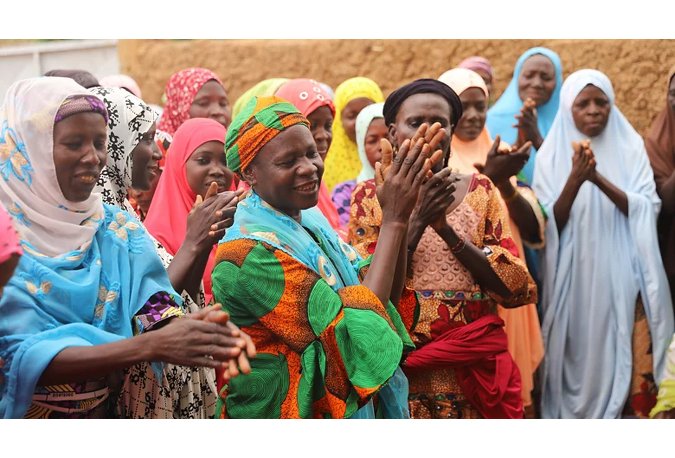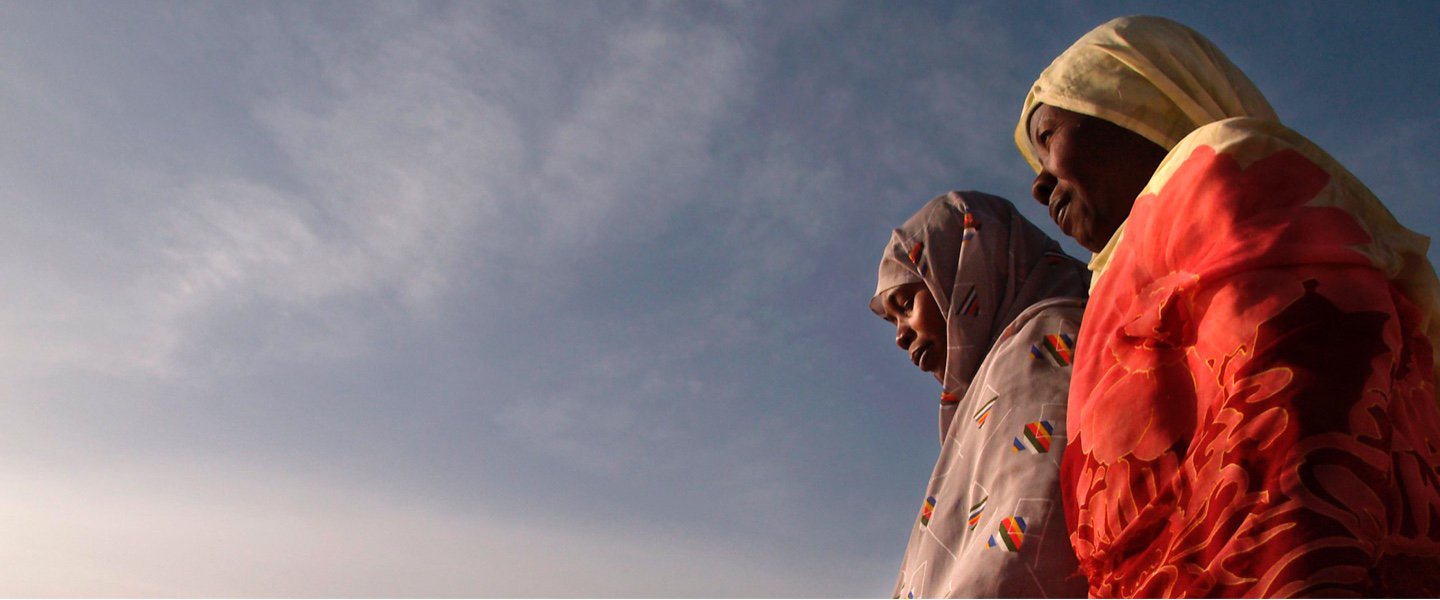Gender equality leads to a better, more resilient world, including progress in addressing food insecurity, climate change, conflict and fragility, and building human capital. IDA works to close gender gaps by providing critical, targeted, and comprehensive support that empowers women—and, in turn, their communities and economies for generations to come.
IDA is uniquely suited to support gender equality outcomes, which require integrating work across multiple sectors and sustaining efforts over long periods. Under IDA19, steady progress was made in closing gender gaps in IDA operations and in strengthening institutions across sectors.
IDA20 builds on the World Bank Group Gender Strategy and increases ambition in areas where gender gaps have worsened because of the COVID-19 crisis by bringing—and keeping—girls in school; expanding access to quality and affordable sexual and reproductive, adolescent, and maternal health services; increasing employment opportunities; expanding access to quality childcare; closing the gap in digital technology; and addressing gender-based violence (GBV).
- An IDA-supported project in Africa’s Sahel region focused on women’s empowerment through increased access to quality sexual and reproductive, adolescent, and maternal health services will help address gender gaps exacerbated by COVID-19. More than 200,000 girls across Burkina Faso, Chad, Côte d’Ivoire, Mali, Mauritania, and Niger have benefited from schooling-related interventions; 400 health and midwifery training institutions have been evaluated and equipped across the region; and 3 centers of excellence have been launched, offering for the first time in the Sahel, a Master’s program on Nursing and Obstetrics. Simultaneously, the project’s awareness campaigns on reproductive, maternal, and child health, and violence against women have reached 4 million people. The second phase of the Sahel Women Empowerment and Demographic Dividend project is underway and expands activity to Cameroon and Guinea.
- In Burkina Faso, the Emergency Local Development and Resilience Project supports integration of sexual and gender-based violence prevention into the health service package through the provision of medical and psychosocial care, including equipment, inputs, training of personnel, and supervision in 100 percent of response centers by 2025.
- An IDA-supported project in West Africa is closing gender gaps by building foundational digital identification systems that include informal workers—90 percent of whom are women in this part of the world—to deliver social protection, health, and financial inclusion services across Benin, Burkina Faso, Côte d’Ivoire, Guinea, Niger, and Togo. In Togo alone, during the height of the pandemic, the program was able to quickly deliver cash transfers to nearly 400,000 women over a six-month period.
Last Updated: Mar 28, 2023









